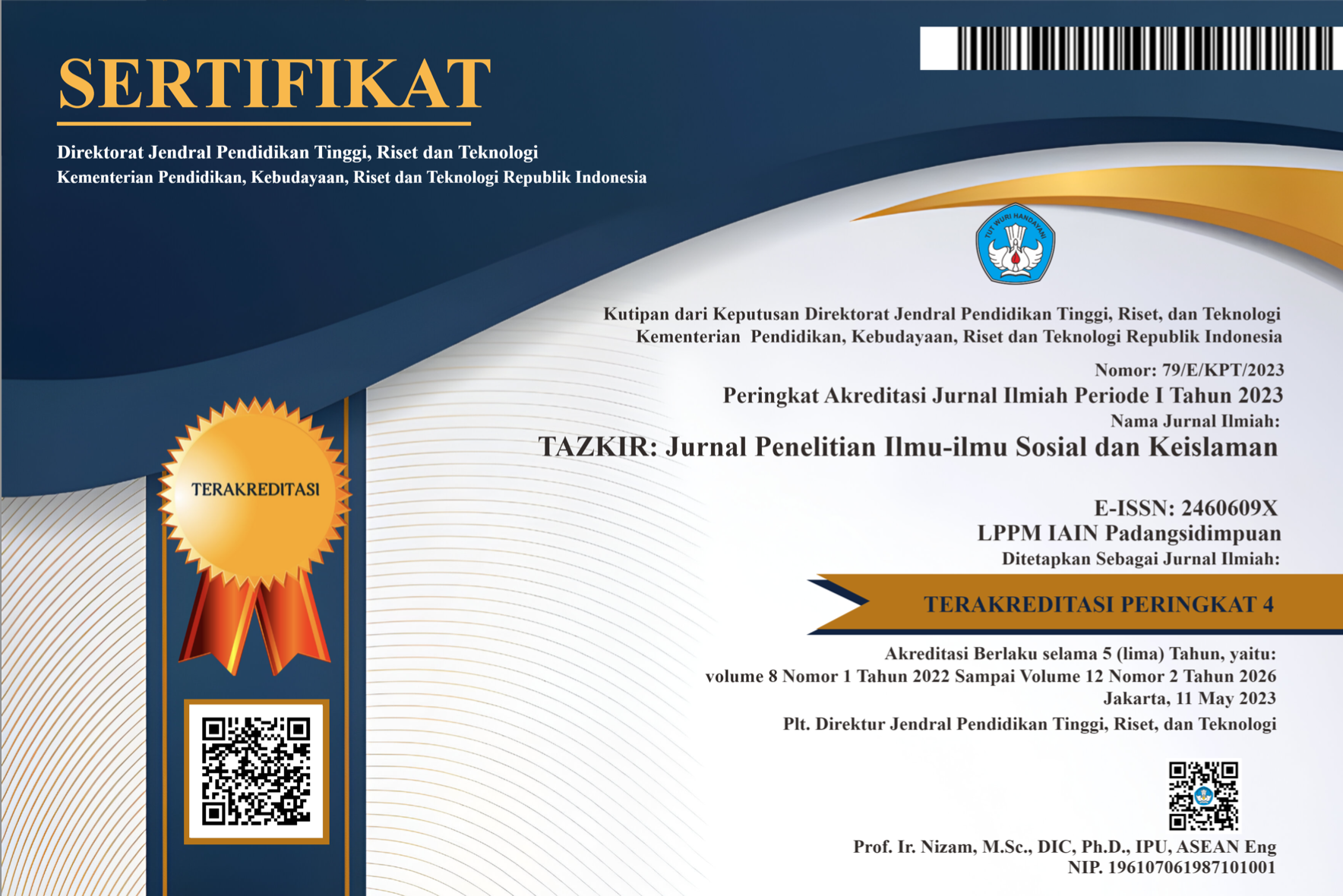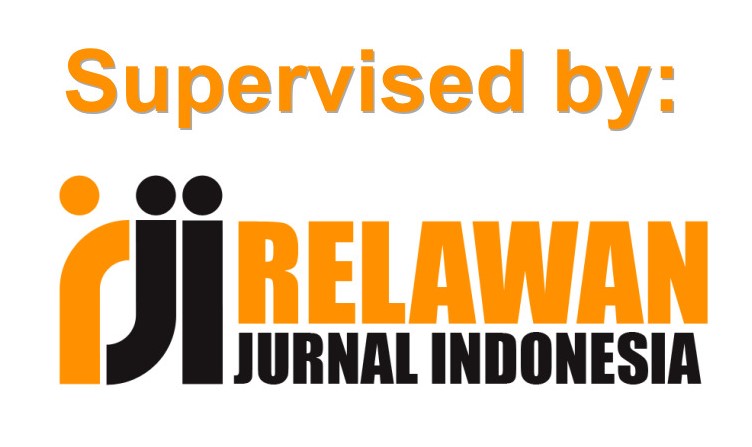Model Pembelajaran Accelerated Learning Cycle Terhadap Self Concept Matematis Siswa
Abstract
Keywords
Full Text:
PDF [INDONESIA]References
Amhar, Fahmi, TSQ Stories (Kisah-kisah penelitian dan pengembangan sains dan teknologi di masa peradaban Islam), (Jakarta: Al Azhar Press, 2010.
Amelia, Sindi, Pengaruh Accelerated Learning Cycle Terhadap Kemampuan Pemecahan Masalah Matematis Siswa SMP, Penelitian.
Ansari, Bansu I, Komunikasi Matematika Strategi Berfikir dan Manajemen Belajar, (Banda Aceh: Yayasan Pena, 2016).
Arikunto, Suharsimi, Dasar-Dasar Evaluasi Pendidikan, (Jakarta: Bumi Aksara, 2006).
Eka Lestari, Karunia, Penelitian Pendidikan Matematika, (Bandung: Refika Aditama, 2015).
Hasratuddin, Mengapa Harus Belajar Matematika? (Medan: Perdana Publishing, 2015)
Istarani, 58 Model Pembelajaran Inovatif, (Medan: Media Persada, 2012).
Jannah, Raodatul ,Membuat Anak Cinta Matematika dan Eksak Lainnya, (Jogyakarta: Diva Press, 2011).
Muligar, Rendi, Penerapan Model Pembelajaran Accelerated Learning Cycle untuk Meningkatkan Kemampuan Berpikir Kritis dan Representasi Matematis Serta Mengurangi Kecemasan Matematis Ditinjau dari Perbedaan Gender Siswa SMP, Penelitian.
Pamungkas, A. S. (2012). Pembelajaran Eksplorasi Untuk Mengembangkan Kemampuan Berpikir Logis dan Self concept Matematis Mahasiswa Sekolah Menengah Pertama. Tesis Pendidikan Matematika Sekolah Pascasarjana UPI Bandung. Tidak diterbitkan.
Rangkuti, Ahmad Nizar Metode Penelitian Pendidikan, (Padangsidimpuan: Citapustaka Media, 2016).
Ruslan, Rosady, Metode Penelitian Publik Relations dan Komunikasi ( Jakarta : PT Raja Grapindo Persada, 2008).
Sanjaya, Wina, Perencanaan dan Desain Pembelajaran (Jakarta: Kencana Pranada Media Group, 2008).
Setyosari, Punaji, Metode Penelitian Pendidikan dan Pengembangan, (Jakarta: Kencana, 2012).
Sumartini, Tina Sri, Mengembangkan Self Concept Siswa Melalui Model Pembelajaran Concept Attainment, (Jurnal Pendidikan Matematika, Volume 4, Nomor 2 Mei 2015).
Yusanto, M.Ismail, dkk, Menggagas Pendidikan Islam (Bogor: Al-Azhar Press, 2014).
DOI: https://doi.org/10.24952/tazkir.v5i2.2310
Refbacks
- There are currently no refbacks.
Copyright (c) 2019 TAZKIR: Jurnal Penelitian Ilmu-ilmu Sosial dan Keislaman

This work is licensed under a Creative Commons Attribution-ShareAlike 4.0 International License.






